
Employers and members can cut GLP-1 weight-loss costs with carve-outs, split payments, and transparent, updated price guides.

Employers and members can cut GLP-1 weight-loss costs with carve-outs, split payments, and transparent, updated price guides.
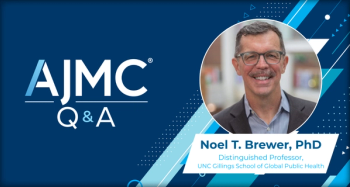
Noel T. Brewer, PhD, former ACIP member, warns that the CDC's reduction from 17 to 11 recommended immunizations lacks transparency, which may lower uptake.
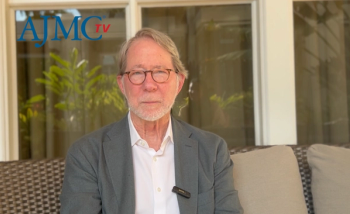
Philip Mease, MD, shares how to individualize psoriatic disease treatment by weighing medication safety profiles, efficacy, and real-world lifestyle factors.

Elona Toska, MSc, DPhil, explores drivers of HIV in pregnant women and young mothers: biology, relationships, and postpartum treatment drop-off.

Scripta allows consumers to compare prescription prices, coupons, and insurance options in one place, helping patients and employers find affordable meds and smarter choices.

Experts examine evolving long COVID definitions, risk factors, diagnosis challenges, vaccine impact, and workforce effects.

Bhavana (Tina) Bhatnagar, DO, advocates for AI and diverse clinical trials to bridge equity gaps in precision oncology and value-based care.

Sweeping federal funding cuts and stalled prevention efforts are unraveling hard-won gains in HIV research and access, warns Peter Staley.
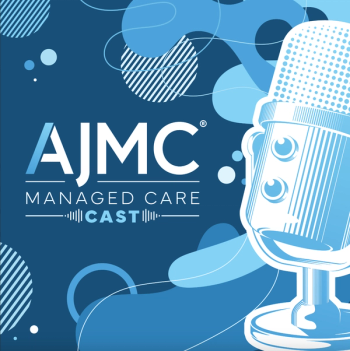
Low-cost, scalable interventions can improve first-fill adherence, reduce avoidable hospitalizations, and support patient-centered strategies.

Elevance Health's Shane Hochradel explains how the company tracks provider satisfaction and uses AI to cut administrative burden.

Todd Brown, MD, PhD, explains key considerations for using GLP‑1 drugs in patients with HIV, including titration tips, surgery precautions, and bone/muscle monitoring.
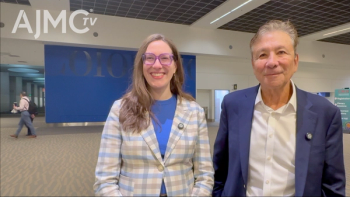
At CROI 2026, experts warned that missing HBV screening risks reactivation during HIV therapy switches.
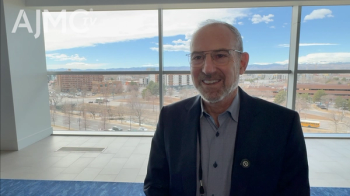
The REPRIEVE study finds statins cut heart events in HIV by lowering lipids, inflammation, and hypertension risk.

Tina Bhatnagar, DO, speaks to the importance of diversity in clinical trials and the need to remove barriers, enroll underrepresented backgrounds, and reflect real-world health conditions.

Mark Meiselbach, PhD, at Johns Hopkins, explains Medicare Advantage market corrections, Star Rating System pressures, and rural plan exits.

MA grocery card use was associated with modest increases in wellness, primary care, and specialist visits among dual-eligible beneficiaries, says Jennifer L. Kowalski, MS.

Digital health record integration boosts medication safety, as OTC use rivals prescription use in chronic care management, found a new study led by Jody L. Green, PhD, Uprise Health.

New GLP-1 pills challenge injections as competition, and discussions of possible Medicare coverage could push prices down.
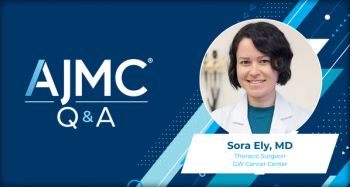
Many eligible patients miss lung cancer screening due to low awareness and systemic barriers, putting underserved groups at higher risk for late-stage disease.

Kavita Nair, PhD, discusses how clinicians select MS therapies, the role of cost and access, and why policy changes could threaten patient outcomes.

Kristie Spencer, vice president of provider partnerships at Elevance Health, on how value-based care is improving quality metrics and addressing social determinants of health.
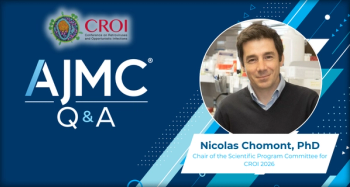
CROI 2026 highlights will include HIV prevention, long-acting treatments, and other advancements shaping research, clinical practice, and global policy.

Kathrin Dvir, MD, MSc, concludes by highlighting the importance of outreach, education, and trusted messaging to improve breast cancer screening adherence.

Ameet Patel, MD, concludes by outlining strategies to overcome operational, financial, and payer challenges in delivering advanced multiple myeloma therapies.

Sora Ely, MD, emphasized that national lung cancer screening rates remain below 10%, underscoring the urgent need for greater awareness and uptake.

City leaders share real-world GLP-1 coverage tactics, showing how public employers balance access, costs, and lasting weight-management outcomes with data-driven oversight.
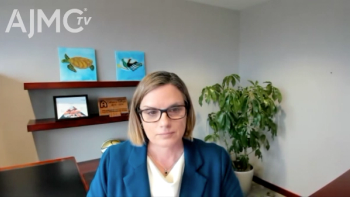
Catherine Gaffigan, MD, Elevance Health's President of Health Solutions, discusses value-based care initiatives and payer-provider relationships.

Kathrin Dvir, MD, MSc, discusses how biomarker-driven care, targeted therapies, and evolving sequencing are shaping modern breast cancer treatment.

Learn what sickle cell disease is, who it affects most, today’s treatment options, and how cost and inequities limit access.

Ameet Patel, MD, explains how multiple myeloma treatment settings depend on safety, logistics, and patient needs.